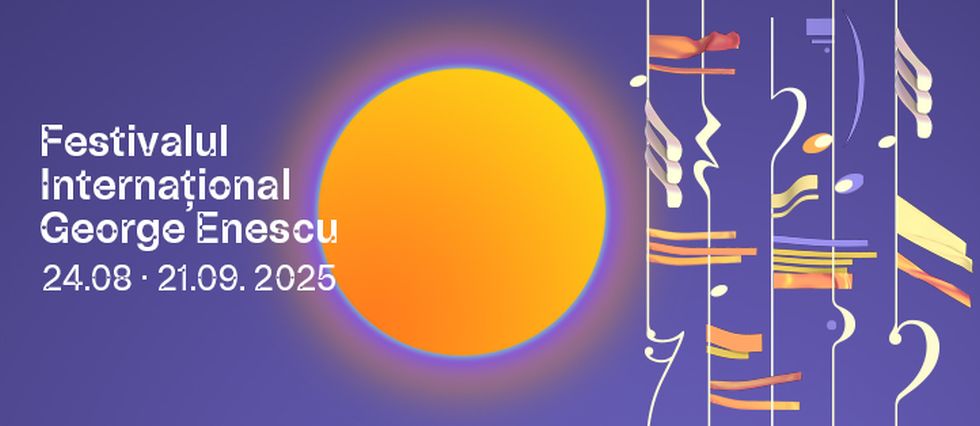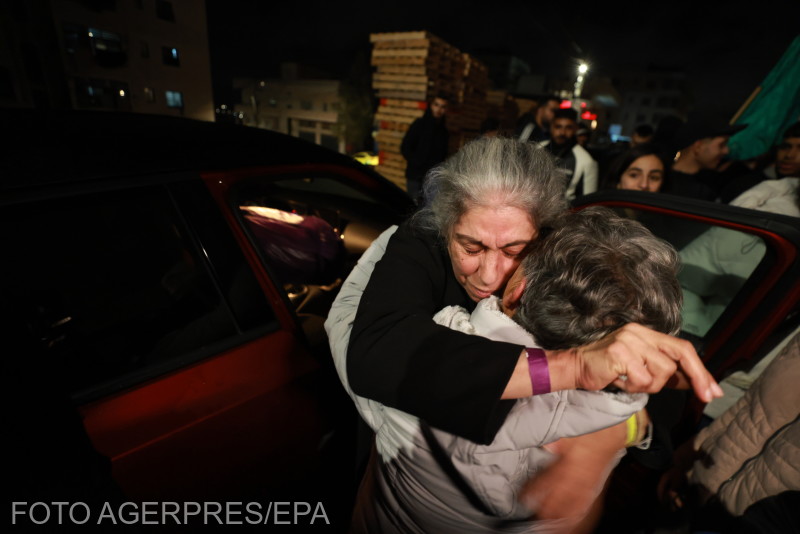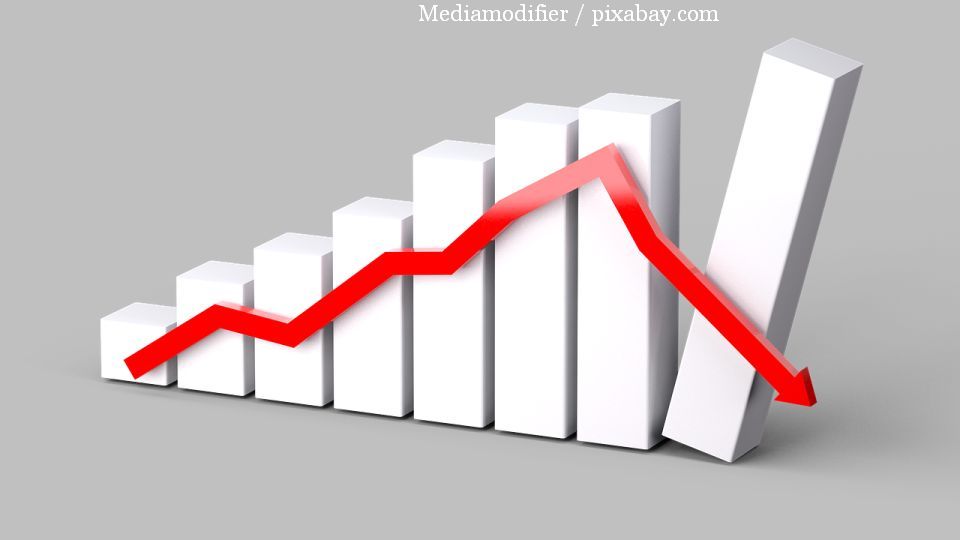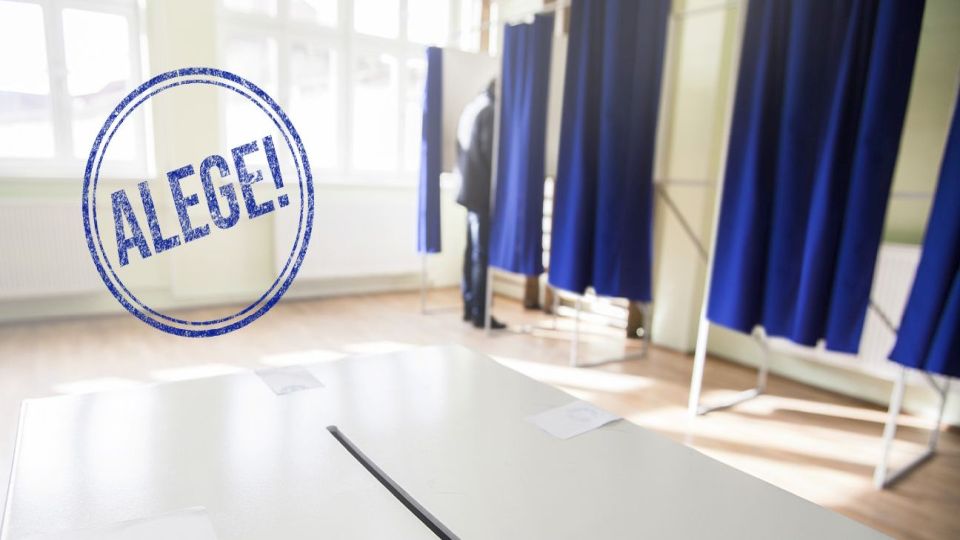Call to relaunch Romanian sports
Romanian sports legends call on politicians to support the revitalisation of sports in this country.
Bogdan Matei, 13.02.2020, 13:50
Romanias finest hour in sports was 1984, when its delegation at the Los Angeles Olympic Games won the second largest number of medals after the United States, despite being boycotted by the rest of the Soviet bloc. Three years later, Steaua Bucharest became the first football side behind the Iron Curtain to win the European Champions Cup. In the 1960s and 70s, Romania won the world title in handball four times. Tennis player Ilie Nastase was the first world no. 1 in the open era, while gymnast Nadia Comaneci won the first perfect ten in the history of world gymnastics.
These are but some of the greatest achievements of Romanian sports and they all date from the final decades of the communist regime. A fact often highlighted by historians, sports and politics are only in symbiosis in a dictatorship. From Berlin to Moscow and from Beijing to Havana, Olympic medals have often been used as propaganda by criminal regimes.
Today, sports is a Cinderella sector in Romania. At the previous Olympic Games in Rio, Romania only won four medals. Romanias national football side hasnt qualified for a final tournament in over two decades, while its handball side is unable to compete in the top events. The once famous Romanian gymnastics school today only produces mediocre results.
It is against this backdrop that a number of current and former champions on Wednesday called for proper funding for sports. The former world no. 1 in womens tennis Simona Halep, the gymnast Nadia Comaneci, the tennis player Ilie Nastase, the athlete Gabriela Szabo, the swimmer Camelia Potec and the judoka Alina Dumitru all called for the allocation of at least 1% of the GDP to sports. They spoke before the Romanian Senate at the invitation of two Social Democratic politicians from the opposition, who are also the initiators of a bill to transfer a sports facility in the heart of Bucharest called Arenele BNR back to state property.
Commentators welcome the appeal of these great champions but criticise the political nature of the endeavour. Unlike in dictatorships, in a democracy medals dont come by command from the top of the party hierarchy. Politicians know this, but only one man, a National Liberal prime minister more than a decade ago, was frank enough to state openly that sports was not a priority for his cabinet. State funding for sports has been reflecting this state of affairs, with less and less money being allocated in time. In a relevant detail, with the exception of the former great champions Gabriela Szabo and Elisabeta Lipa, in there decades of post-communism, the position of sports minister has only been held by quasi-anonymous politicians who just wanted to be ministers.

